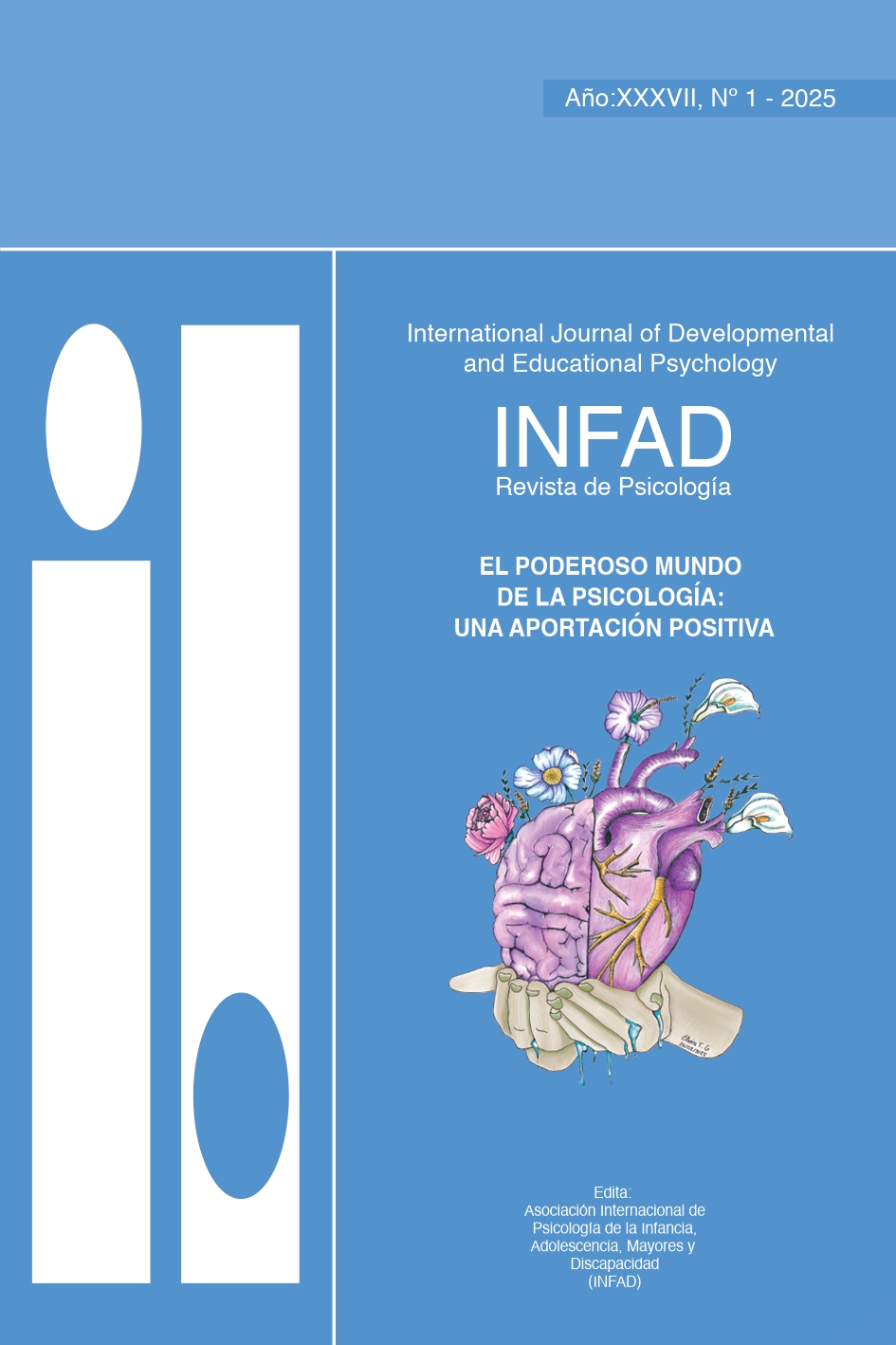Diversity, exclusion and participation in everyday life: a view from latin american community social psychology
Main Article Content
Abstract
The present work proposes to make some reflections on social exclusion and its interfaces with the field of education, being crossed by the challenge of the theme of diversity. We try to use the approaches of community social psychology to analyze the meanings of the term exclusion in everyday life and the reasons for its frequent use. The presentation will be developed in three axes: one, on the need for a critical analysis of the notion of exclusion and, consequently, of inclusion, which guide public actions and policies in the field of education and community work; two, the psychosocial dimensions of exclusion-participation; and three, regarding what to do and what is the role of education and training in a society with strong exclusionary characteristics. Therefore, some challenges posed to the professional practice in the field of human and social sciences are pointed out.
Article Details
Section

This work is licensed under a Creative Commons Attribution-NonCommercial-NoDerivatives 4.0 International License.
Attribution — You must give appropriate credit, provide a link to the license, and indicate if changes were made. You may do so in any reasonable manner, but not in any way that suggests the licensor endorses you or your use.
NonCommercial — You may not use the material for commercial purposes.
NoDerivatives — If you remix, transform, or build upon the material, you may not distribute the modified material.

This work is licensed under a Creative Commons Attribution-NonCommercial-NoDerivatives 4.0 International License
How to Cite
References
Barreiro, J. (1985). Educación popular y proceso de concientización. Madrid: Siglo Veintiuno Editores.
DAGNINO, Evelina. Sociedade civil, participação e cidadania: de que estamos falando? In: MATO, Daniel (Coord.). Políticas de ciudadania y sociedad civil em tiempos de globalizacion . Caracas: Faces, Universidad Central de Venezuela, 2004.
Flores Osório, J.M. (2011b). Psicología y Práxis Comunitária – Una Visión Latinoameric ana. Cuernavaca, México: Editorial Latinoamericana.
Freire, P. (1976). Educación y Cambio. Buenos Aires: Editorial Busqueda.
Gaborit, M. (2011). Memória Histórica: reverter a história a partir das vítimas. In R.S.L.Guzzo & F.Lacerda Jr.(eds.), Psicologia Social para America Latina– O resgate da psicologia da libertação (pp.245-276). Campinas: Editora Alínea
Martín-Baró, Ignácio (1987). El latino indolente. Caráter ideológico del fatalismo latinoamericano. In M.Montero (coord.) Psicología Política Latinoamericana. Caracas: Editorial Panapo, 1987, pp.35-162.
Montero, M. (2003) Teoria y Práctica de la Psicología Comunitária. Paidós, Argentina.
Montero, M. (2006) Hacer para Transformar. Paidós, Argentina.
Quintal de Freitas, M. F. (2003). Psychosocial Practices and Community Dynamics: Meanings and Posibilities of Advance from the Perspective of the Engaged Social Actors. I nternational Journal Critical Psychology (IJCP) – London, Issue 9, p.107-124
Quintal de Freitas, M.F. (2005) (In)Coerências entre práticas psicossociais em comunidade e projetos de transformação social: Aproximações entre as Psicologias Sociais da Libertação e Comunitária. PSICO, Porto Alegre, PUCRS, v.36, n.1, pp. 47-54
Quintal de Freitas, M.F. (2007). Educação De Jovens e Adultos, Educação Popular e Processos De Conscientização: Intersecções Na Vida Cotidiana. In EDUCAR EM REVISTA. N.29, jan/julh 2007, Editora UFPR (ISSN – 0104 4060)
Quintal de Freitas, M.F. (2008). Estratégias de Ação Comunitária e Mudanca Social - Relações a partir da Vida Cotidiana e dos Processos de Participação. In M.Dimenstein (org), Psicologia Social Comunitária. Aportes teóricos e metodológicos. Natal, Editora UFRN, p.111-132.
Quintal de Freitas, M.F. (2011). Construcción y consolidación de la psicología social comunitária en Brasil: conocimientos, prácticas y perspectivas. In M.Montero & I. Serrano-Garcia (eds.),Histórias de la Psicología Comunitária en América Latina – Participación y Transformación ( pp.93-113). Buenos Aires: Paidós, Tramas Sociales 64.

